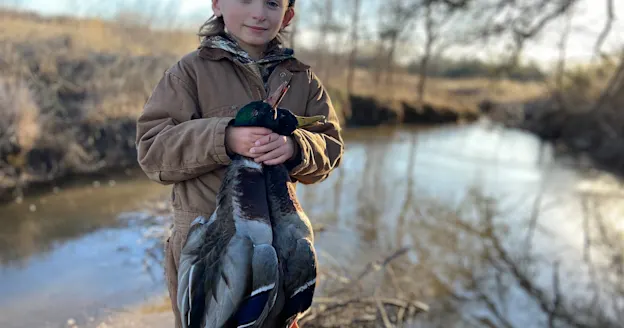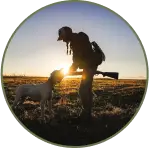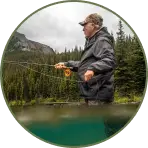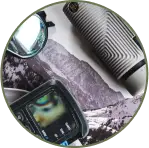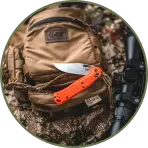BECOME A 1871 CLUB MEMBER TODAY | A New year comes with two new Field & Stream Journals - arriving in April & September

Hunting is more than tradition—it’s a way of life. From deer and turkey seasons to upland birds and big game, Field & Stream delivers the tactics, gear reviews, and stories that keep hunters sharp. Whether you’re patterning a buck, scouting new ground, or fine-tuning your bow, our experts share proven advice and hard-earned experience to help you make the most of every hunt.









